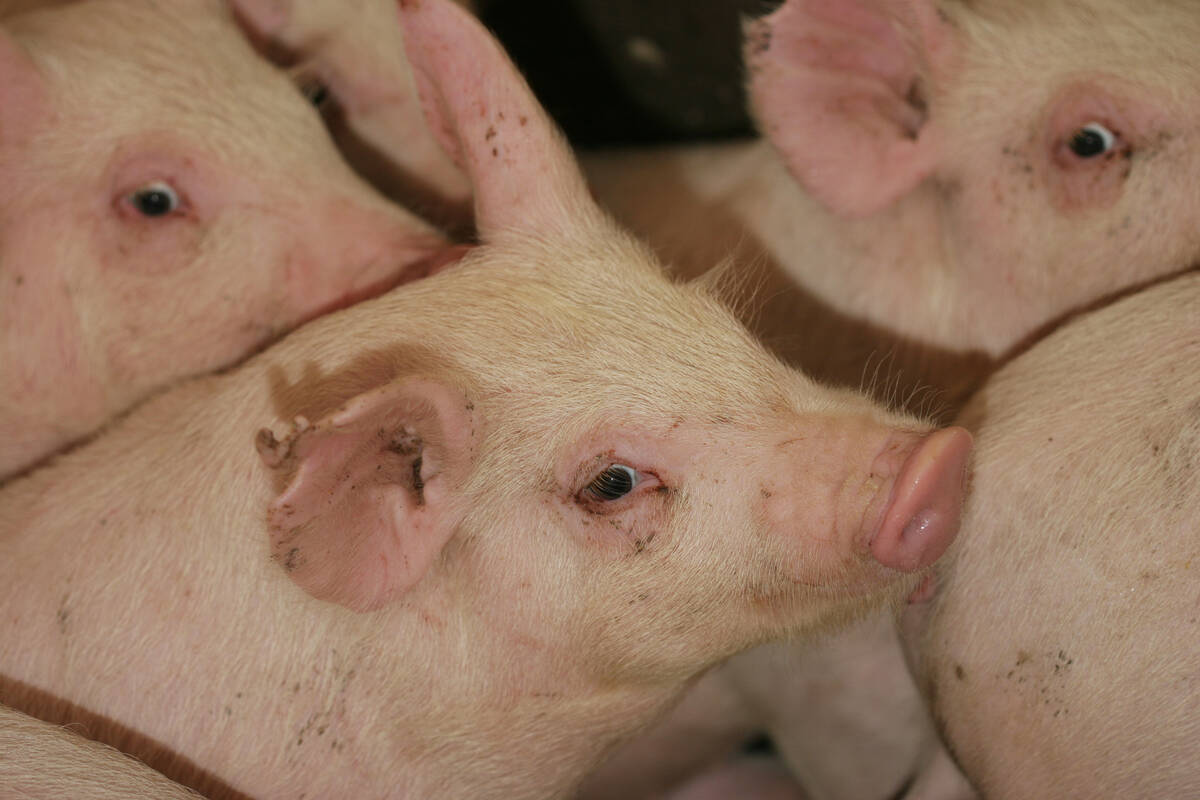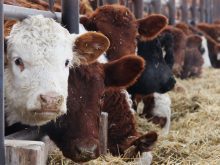The University of Alberta will host a $9 million research network to determine which environmental factors affect embryo development in cattle and hogs.
Researchers will focus on maternal nutrition and assisted reproductive technologies.
“We’ll be looking at the environment in which those embryos are created and are forming,” said George Foxcroft, co-director of the Natural Sciences and Engineering Research Council’s EmbryoGene Strategic Research Network.
“That will help us develop baseline data to determine normal embryos from which we’ll be able to develop diagnostic tools to determine an embryo’s health.”
Read Also

The Western Producer Livestock Report – September 25, 2025
The U.S. national live price average for barrows and gilts was $81.21 Sept. 17. It was $78.37 Sept. 9. U.S. hogs averaged $106.71 on a carcass basis Sept. 17, up from $106.10 Sept. 9.
Foxcroft is head of hog research at the U of A.
It’s believed the research network is the first of its kind in the world. The cattle research will be centered at Universite Laval in Quebec City.
The research is expected to determine the best nutrition and conditions to produce the best eggs, which will produce the best embryos and the most efficient livestock.
It’s estimated 70 percent of hogs and 100 percent of dairy cattle are produced by artificial insemination in Canada.
The country is recognized as a world leader in embryo and sperm exports with annual revenues of $77 million. More than 70 countries buy embryos from Canadian hogs and cattle.














